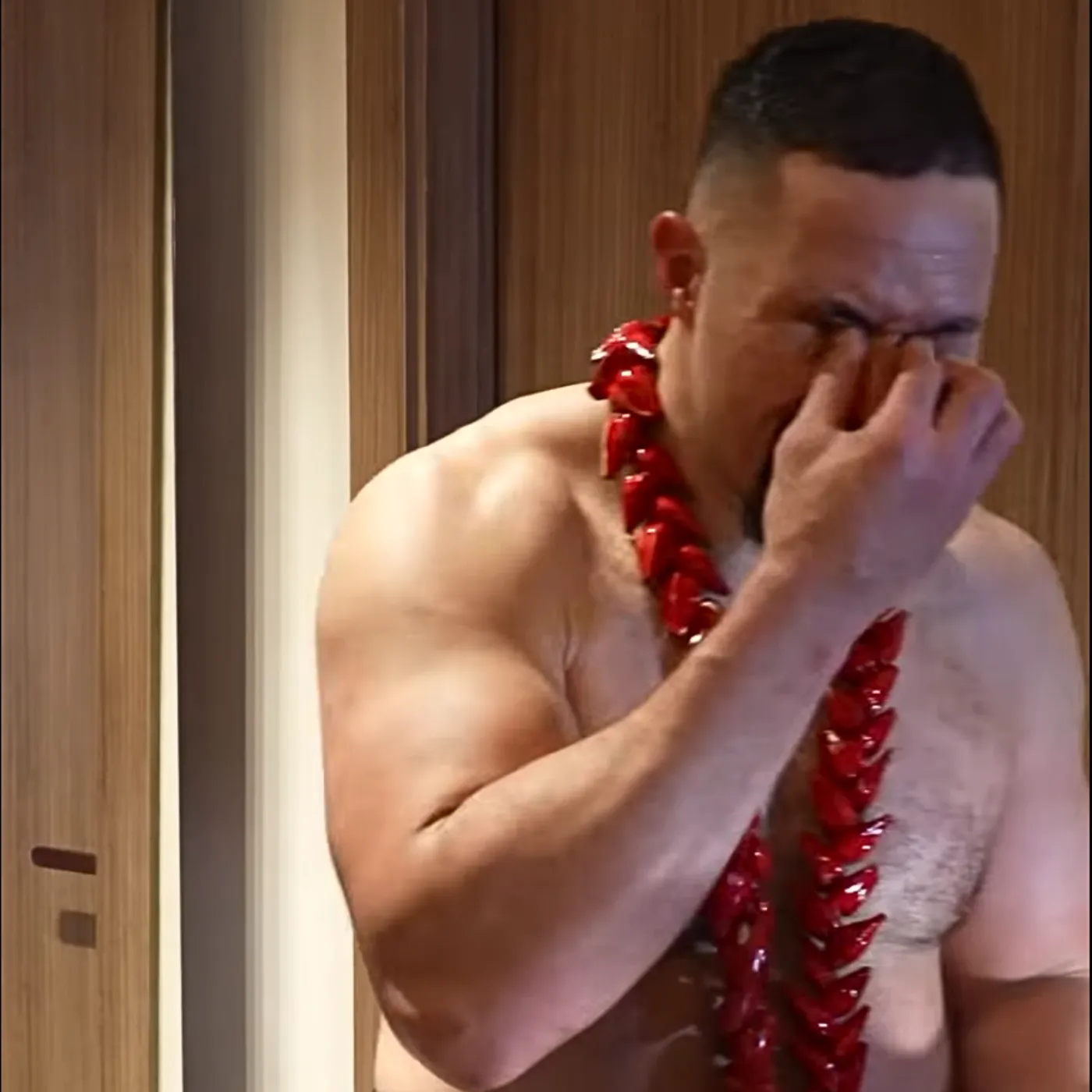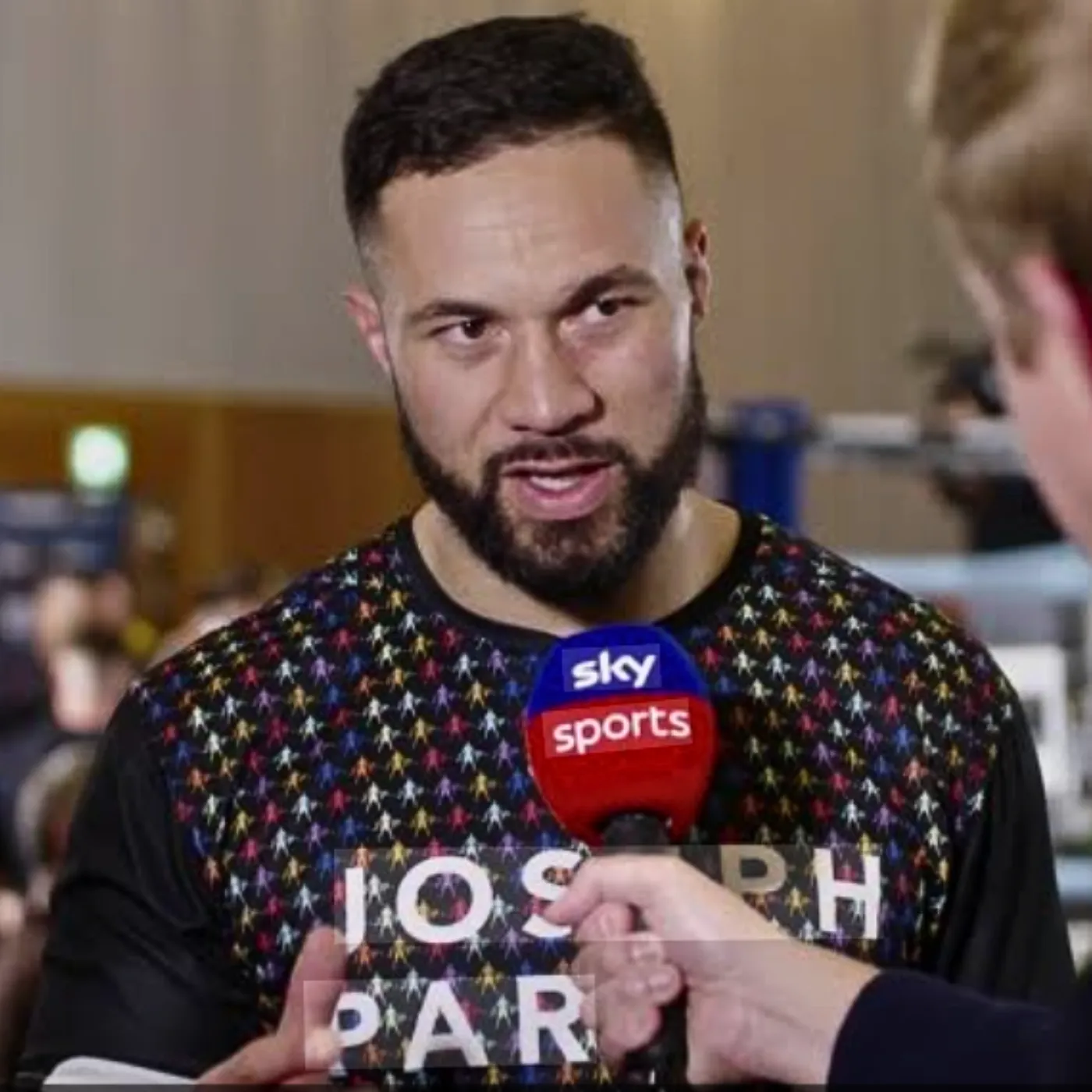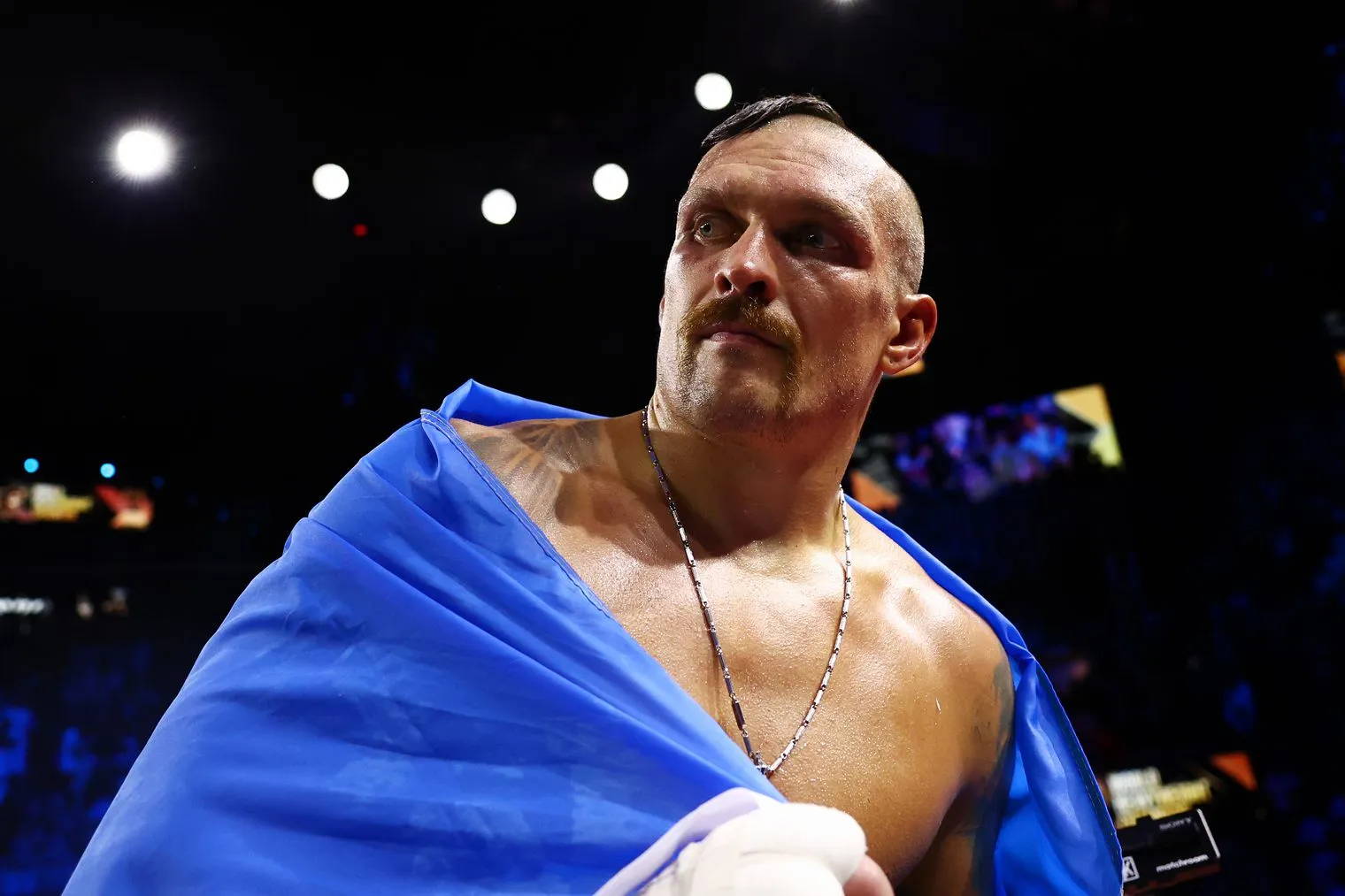
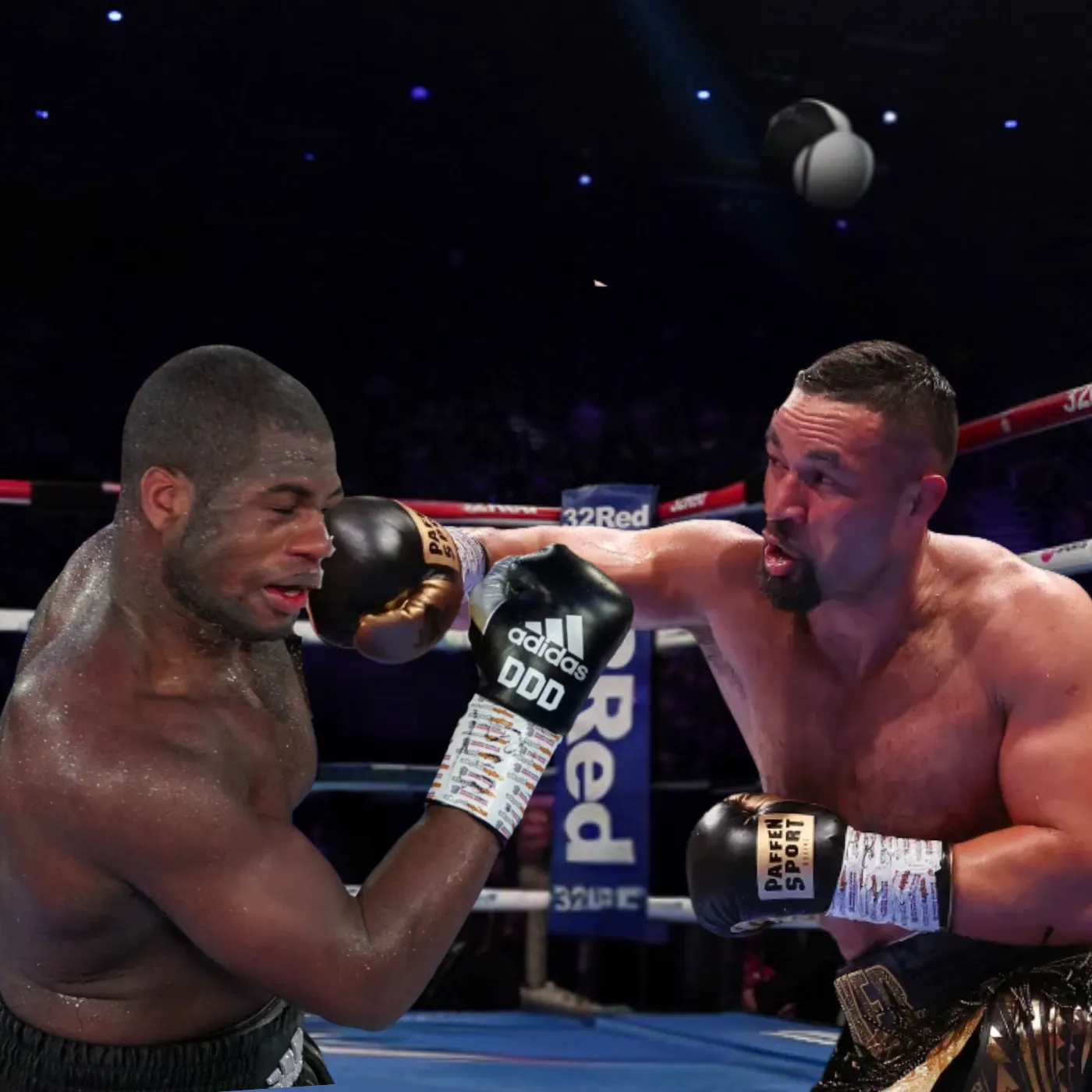
Dubois Runs Away from the Fight Out of Fear of Losing the IBF Belt – Why Doesn’t Parker, the One Who Beat Them All, Get a Chance?
In the ever-evolving world of heavyweight boxing, controversies and unexpected decisions often take center stage. Recently, Daniel Dubois‘s withdrawal from a highly anticipated fight has ignited debates and fueled frustration among fans. The focal point of this discussion revolves around Joseph Parker—a fighter who has demonstrated exceptional skill and resilience in the ring, yet continues to be overlooked for a well-deserved title shot. This article will dissect Dubois’s withdrawal, analyze Parker’s impressive career, and explore why the New Zealand heavyweight is still waiting for his moment in the spotlight.
Daniel Dubois’s Withdrawal: A Tactical Move or Genuine Illness?
Daniel Dubois, currently holding the IBF interim heavyweight title, was set to face Joseph Parker in a critical bout that would have determined the pecking order in the heavyweight division. However, just days before the fight, Dubois pulled out, citing a viral infection. His team claimed that medical advice necessitated the withdrawal, emphasizing concerns over his health.
While some sympathize with Dubois, others question the legitimacy of his reasoning. Skeptics argue that Dubois, aware of the risk posed by Parker, strategically stepped back to protect his title and future opportunities. After all, suffering a loss at this stage could derail his plans for bigger paydays and high-profile matchups.
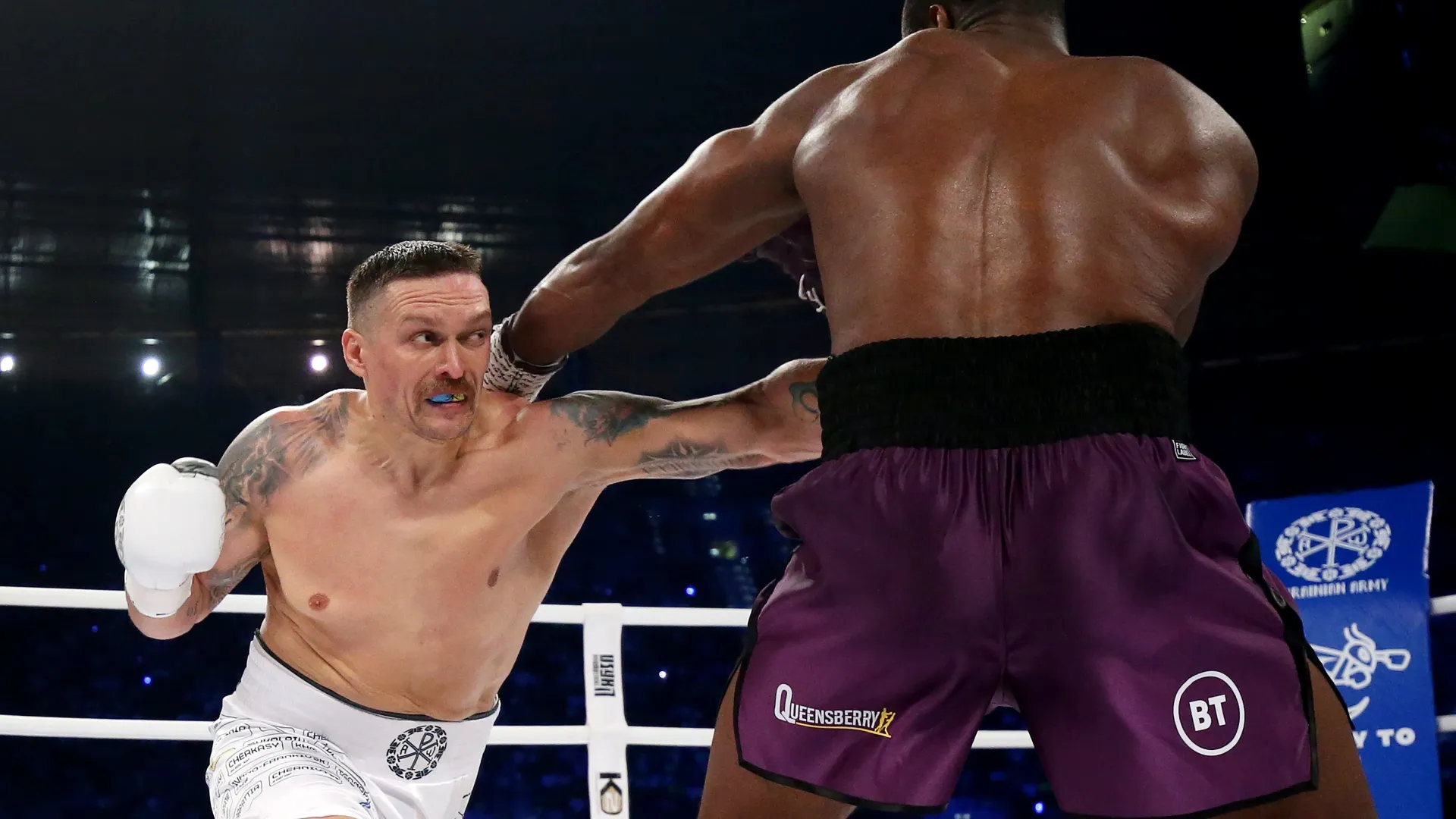
Joseph Parker himself voiced skepticism regarding Dubois’s sudden illness. Having prepared intensively for the fight, Parker found the timing questionable, especially given that Oleksandr Usyk was simultaneously calling out Dubois for a potential future bout. This fueled speculation that Dubois might have been looking for a way to sidestep Parker in favor of a more lucrative opportunity.
Joseph Parker’s Dominance in the Heavyweight Division
Despite Dubois’s withdrawal, Parker did not sit idle. He accepted a short-notice fight against Martin Bakole and made a statement with a dominant second-round victory. This performance reaffirmed his status as one of the top contenders in the heavyweight division.
Parker’s career speaks for itself. A former WBO heavyweight champion, he won the title in 2016 after defeating Andy Ruiz Jr. in a closely contested bout. Since then, he has faced elite fighters, including Anthony Joshua, Dillian Whyte, and Derek Chisora. Though he suffered losses in some of these fights, his performances have proven that he belongs among the best in the division.
One of the most defining moments in Parker’s career was his fight against Deontay Wilder. Many expected the former WBC champion to dispatch Parker with his trademark power punches. However, Parker showcased his exceptional boxing skills, outclassing Wilder and securing a victory that cemented his place among the top heavyweights.
The only real setback in Parker’s career came against Joe Joyce, a fighter renowned for his relentless pressure and granite chin. Parker struggled to keep Joyce at bay and ultimately suffered a knockout loss. However, Parker later revealed that he had been battling illness leading up to the fight, a factor that significantly affected his performance.
Why Isn’t Joseph Parker Getting a Title Shot?
Despite his accomplishments and recent resurgence, Parker remains on the outskirts of the title picture. Several factors contribute to this puzzling situation:
1. Boxing Politics and Promotional Influence
Boxing is not just a sport—it’s a business. Promotional companies and sanctioning bodies play a crucial role in determining which fighters get opportunities. Parker, despite his skill set, may not have the right promotional backing compared to fighters like Tyson Fury, Oleksandr Usyk, or Anthony Joshua. These fighters generate more revenue and are often prioritized when it comes to title shots and major events.
2. Sanctioning Body Rankings and Mandatory Challengers
The IBF, WBC, WBO, and WBA each have different ranking systems and mandatory challengers. Even if a fighter like Parker is more skilled than the mandatory challenger, he may not be next in line for a title shot simply because of how the rankings work. Dubois, for instance, holds the IBF interim title, meaning he has a stronger claim to challenge for the full title.
3. Risk vs. Reward Factor for Other Champions
Top champions often make strategic decisions about their opponents. A fight against Parker is high-risk, as he is an elite-level boxer with knockout power and technical skills. However, from a financial standpoint, he may not bring in the same revenue as a fight against a bigger name. This makes it easy for promoters and fighters to avoid him, choosing less risky yet more lucrative opponents.
The Path Forward for Joseph Parker
Parker’s current position is frustrating, but it is not without hope. There are several ways he can work his way into a title fight:
1. Staying Active and Defeating Top Contenders
One of the best ways for Parker to demand a title shot is by continuing to win against top opponents. His victory over Wilder was a step in the right direction, and his win against Bakole further solidified his case. If he can secure another win against a top-five heavyweight, the calls for him to receive a title shot will be impossible to ignore.
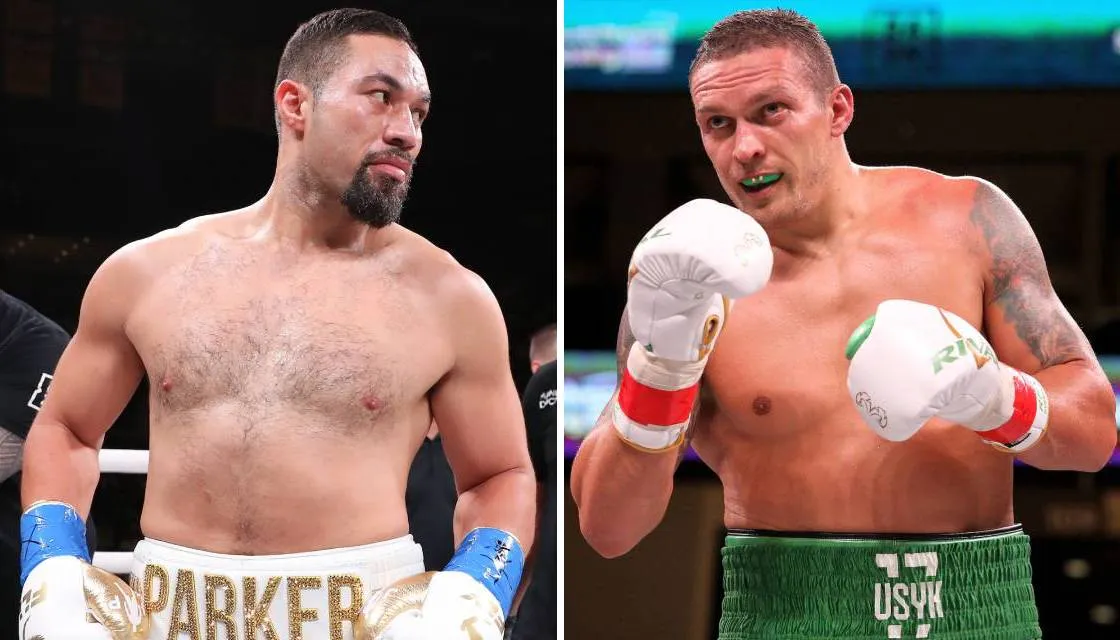
2. Strategic Alliances with Powerful Promoters
Aligning with a major promoter with influence in the heavyweight division could be a game-changer for Parker. Fighters backed by powerful promotional teams tend to get the opportunities they deserve more quickly. If Parker can forge the right partnerships, he may find himself in a title fight sooner rather than later.
3. Engaging the Public and Building Marketability
Marketability plays a significant role in boxing today. The more fans demand a particular fight, the harder it is for promoters and sanctioning bodies to ignore it. If Parker can enhance his public profile, engage in more media appearances, and create a stronger fan base, his chances of getting a title shot will increase significantly.
Conclusion
Daniel Dubois’s withdrawal from his fight with Joseph Parker has sparked heated debates about the true reasons behind his decision. While some believe Dubois had genuine health concerns, others see it as a strategic move to avoid a dangerous opponent. Regardless, Parker has proven time and time again that he belongs at the top of the heavyweight division.
Yet, despite his impressive resume, Parker remains on the outside looking in when it comes to title opportunities. Boxing politics, promotional battles, and risk-reward calculations have all played a role in keeping him away from a championship fight. However, if he continues to dominate in the ring, aligns himself with the right promoters, and builds his marketability, there will be no denying his rightful place as a title contender.
The heavyweight division is as unpredictable as ever, and Parker’s time may yet come. But for now, boxing fans can only hope that merit and skill will eventually outweigh politics and business in the sport.








